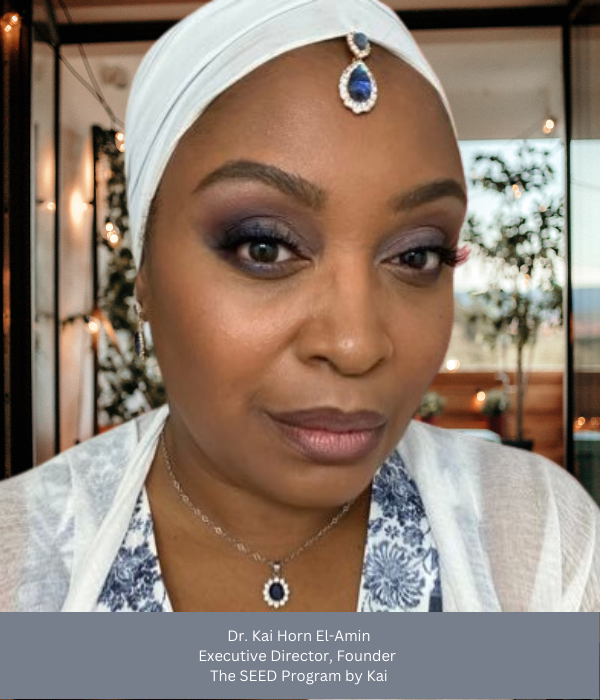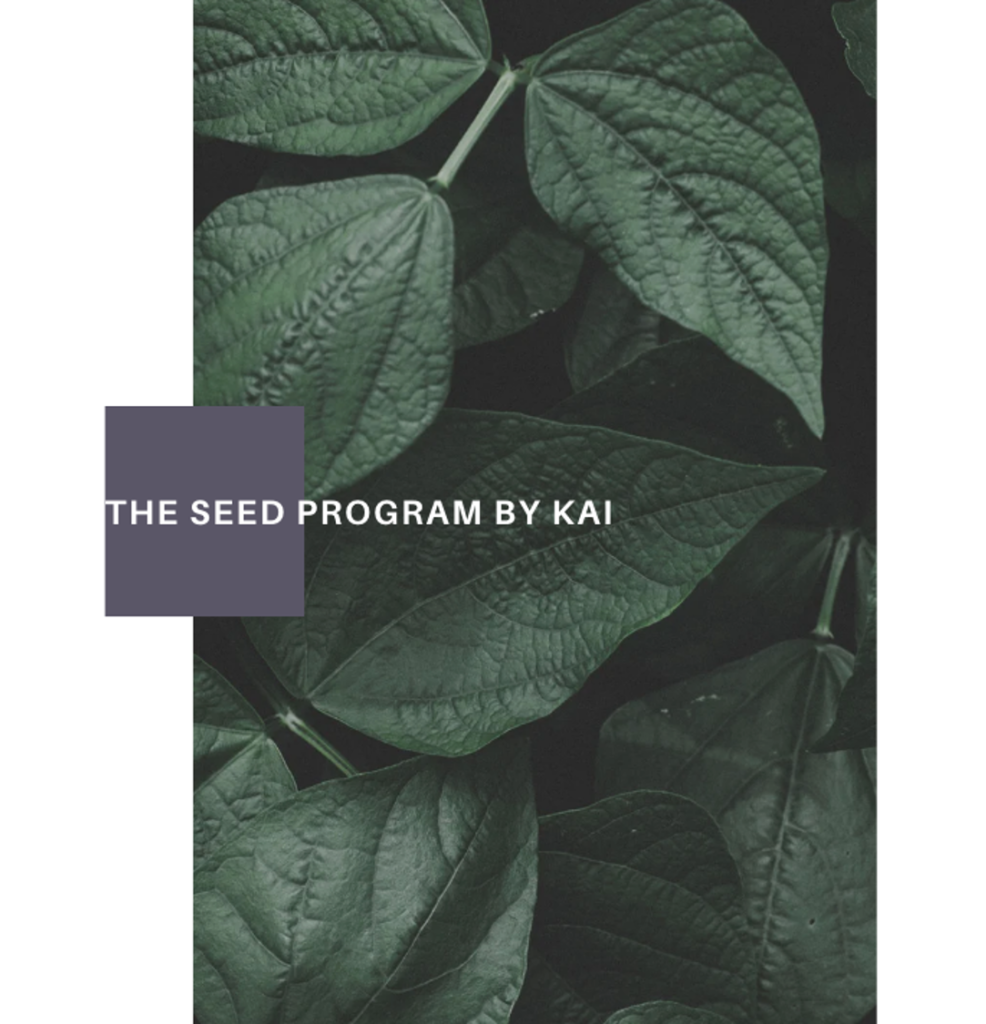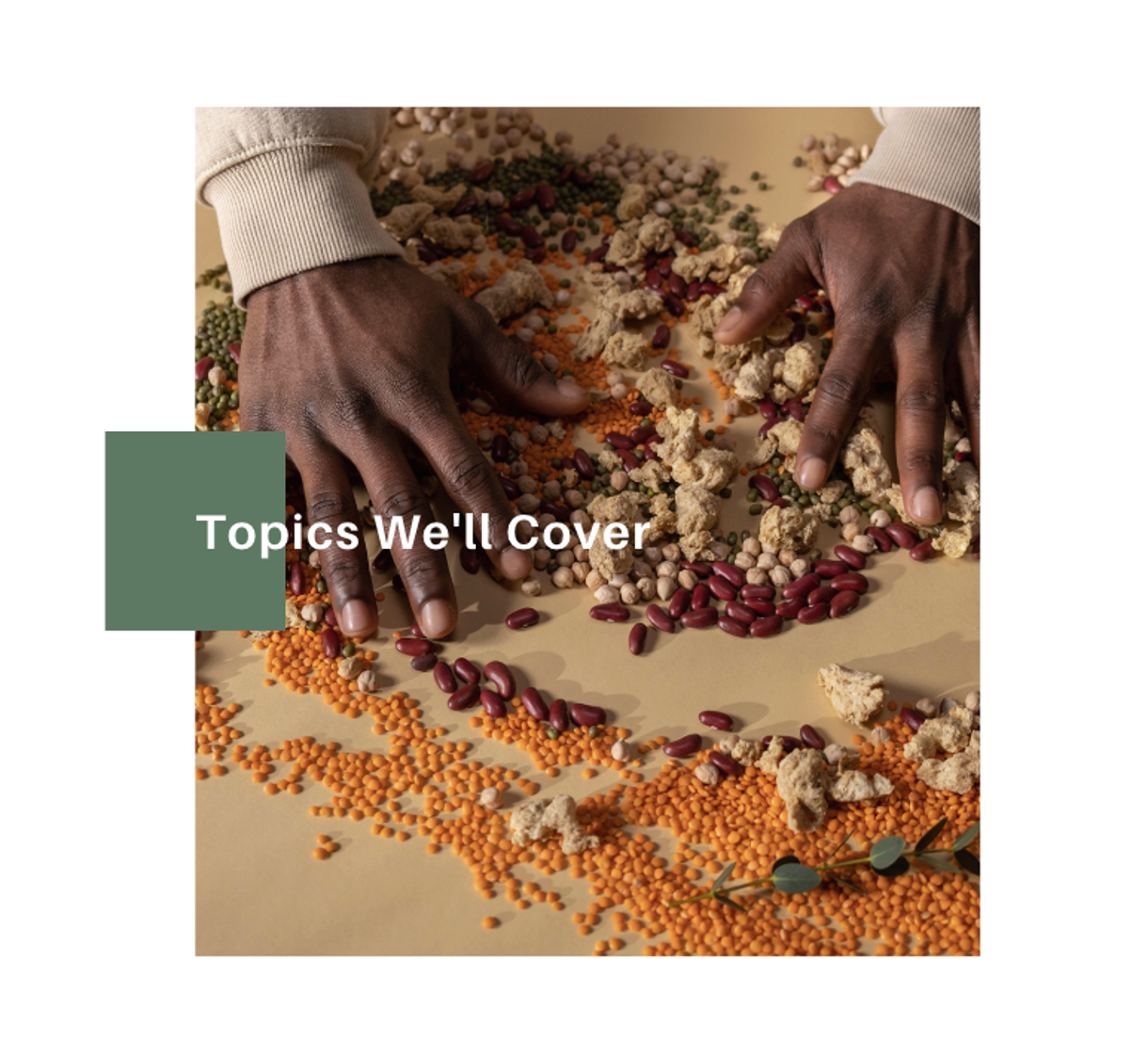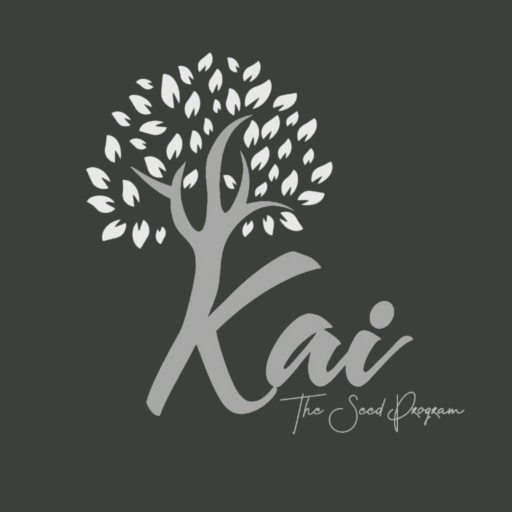
Dr. Kai Horn
El-Amin
Executive Director, Founder
Dr Horn El-Amin is currently Assistant Professor of Religion at Lane College, a Board Certified Chaplain, and a student at Bayan Islamic Graduate School, a scholar, a wife and mother. I am also an Interfaith America fellow, piloting a class entitled, “Faith, Culture, and Formation.” This class is an immersive experience into the largest five faith traditions. God willing, within two years, we intend to write a grant to do a global immersion with our Interdisciplinary Studies Department, Insha’Allah, teaching Islamic Studies, including beginning Arabic, and participate in international education in Istanbul. My soul work centers around redefining multi-religious belonging into something that feels more concretized, particularly for those who feel that their best religious expression is hybrid faith; and showing the work that can be done when faiths intertwine for the common good.

About
THE PROGRAM
Conceptual Categories
(Core Values & Beliefs)
Multiculturalism welcomes diversity and inclusivity. It allows individuals of
different religious backgrounds to come together and share their beliefs
and practices in a respectful and understanding environment. This can
lead to greater tolerance and acceptance of different cultures and
religions, which can ultimately lead to a more peaceful and harmonious
society. Additionally, multiculturalism can help to dispel stereotypes and
misconceptions about different religions and cultures, which can foster
greater understanding and mutual respect.
Spirituality allows individuals to explore deeper aspects of their own
beliefs and practices, and can also provide a sense of connection and
community with others who may have different beliefs. Spirituality can
also play a role in promoting values such as compassion, empathy, and
understanding, which are important for fostering a sense of unity and
cooperation within the interfaith community. Additionally, spirituality can
also provide a sense of purpose and meaning, which can be especially
important for individuals who may be seeking a deeper sense of
connection to something greater than themselves.
Social education provides understanding and acceptance of different
religious beliefs and practices. It can also help to break down stereotypes
and prejudices, and foster a sense of community and mutual respect
among people from different faith backgrounds. Additionally, social
education can be used to promote dialogue and cooperation between
different religious groups, which can be beneficial for both individuals
and society as a whole.
Unity establishes a sense of belonging and mutual respect among
people from different faith backgrounds. It can also help to break down
barriers and stereotypes and foster cooperation and understanding
among different religious groups. Unity can also be beneficial for society
as a whole by promoting peaceful coexistence and reducing the
potential for conflicts based on religious differences. Additionally, a
united interfaith community can be a powerful force for positive change,
working together to address social issues and promote the common
good.

Using the SEED program conceptual categories as an anchoring framework for the discussion, this program explores ideas from and experiences of people and communities over and across time, in order to adapt, critique, and apply discoveries and insights to specific collective needs.
Organized by the SEED Programs Conceptual Categories disciplinary framework, we will:
1. Promote understanding and acceptance of different
religious beliefs and practices.
2. Help to break down stereotypes and prejudices.
3. Foster a sense of community and mutual respect among
people from different faith backgrounds.
4. Promote dialogue and cooperation between different
religious groups.
5. Can be beneficial for both individuals and society as a whole.
6. Encourage peaceful coexistence and reduces potential for
conflicts based on religious differences.
7. Can be a powerful force for positive change, working together
to address social issues and promote the common good.
8. Provide a platform for interfaith education and learning
opportunities.
9. Encourage individuals to appreciate the richness of different
religions and cultures
10. Can help to build a more inclusive and harmonious society.
DISCOVER IF INTERFAITH IS THE RIGHT APPROACH TO UNITE YOUR COMMUNITY
The SEED Program SM by Kai components are interconnected in that the entire project’s premise is based on social and environmental justice engaged in a pluralistic worship model creating modules of social education to include call to worship, prayer and liturgy for the sacraments.
